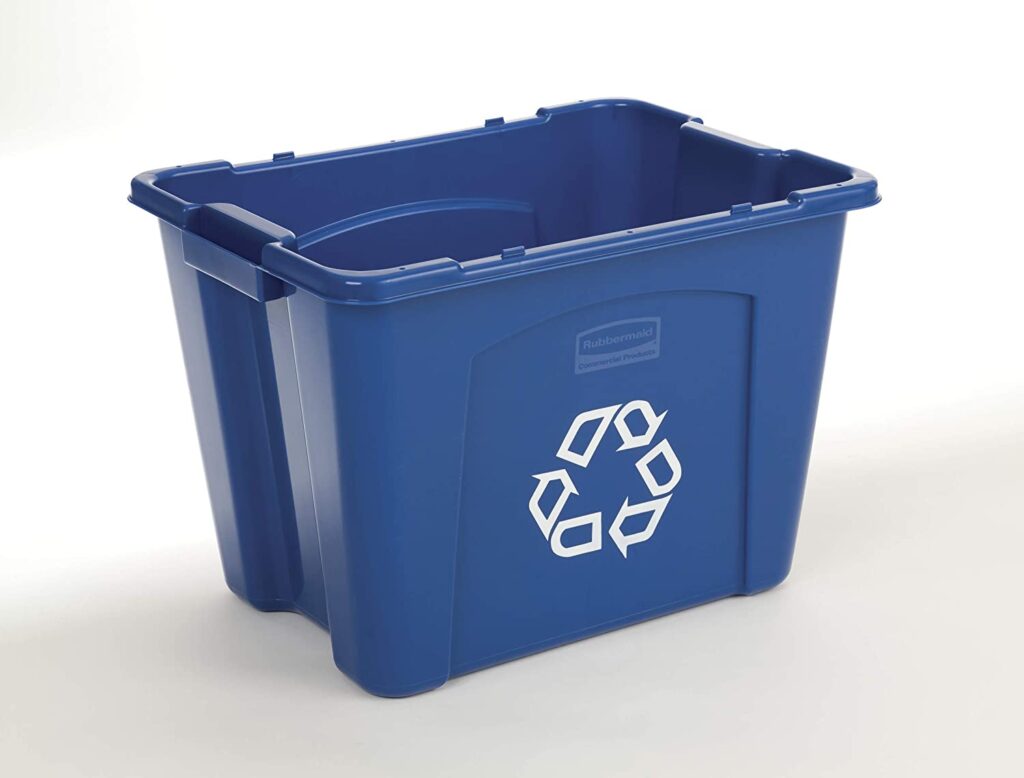Everything You Know About Recycling Is A Lie?
Recycling has been touted as good for the environment for decades, but everything you've been led to believe may be a lie.
This article is more than 2 years old

Recycling is a complicated system, dictated by market demand, price determinations, and local regulations. Its success is also contingent on everyone – from product manufacturers to the trash-thrower, to the waste collector, and the recycling plant. Although recycling efforts are increasing, the process concerning plastic lags behind other recoverable materials like aluminum, glass, and paper. Now, it seems like some oil companies have been misleading the public about the intricacy of reducing and reusing the commodity.
The deception reached new heights earlier this year, forcing California to launch a sweeping investigation into plastic pollution by major oil companies. As part of the wide-ranging probe, the state’s Attorney General Rob Bonta opened an investigation into the role ExxonMobil played in promoting the idea that all plastics could be recycled, to manipulate people to buy more. He said the fossil fuel industry benefited financially from misleading statements which he says date back decades.
At the time, Bonta subpoenaed ExxonMobil seeking recycling information and documents. “For more than half a century, the plastics industry has engaged in an aggressive campaign to deceive the public, perpetuating a myth that recycling can solve the plastics crisis,” Bonta said via NPR. “The truth is that the vast majority of plastic cannot be recycled.” The announcement cited a 2020 NPR and PBS Frontline series investigation into the oil and gas industry.
The documentary uncovered several reports stating that top officials knew that recycling plastic was unlikely to work. But they still spent millions of dollars telling the public the opposite. The alleged cover-up began in the 1980s when the industry launched dozens of adverts, nonprofits, and campaigns touting the benefits of recycling plastic. These campaigns placed the responsibility on consumers, even as internal oil company documents warned that recycling was infeasible.
Speaking about the recycling debacle, Plastics Global Campaign Lead at Greenpeace USA, Graham Forbes told NPR that California’s investigation is welcome news. “For too long, ExxonMobil and other corporate polluters have been allowed to mislead the public and harm people and the planet,” he said. “It is encouraging to see the state stand up to the fossil fuel industry,” Forbes added he was hopeful the probe would be a sign that policymakers are ready to start holding corporations accountable.
In a statement, ExxonMobil rejected the recycling allegations made by the California Attorney General. It also highlighted that it is the first company to use “advanced recycling technology” to repurpose used plastic. “We are focused on solutions and meritless allegations like these distract from the important collaborative work that is underway to enhance waste management and improve circularity,” the statement said.
Meanwhile, while all plastic might not be reusable, recycling is still necessary. It’s especially important since almost all plastic is non-biodegradable and builds up in the environment, causing harm to the natural order of things. For instance, approximately eight million tons of waste plastic enter the Earth’s oceans every year, causing damage to the aquatic ecosystem and forming large ocean garbage patches. Presently, almost all recycling is done by remelting and reforming the tricky commodity into new items.




